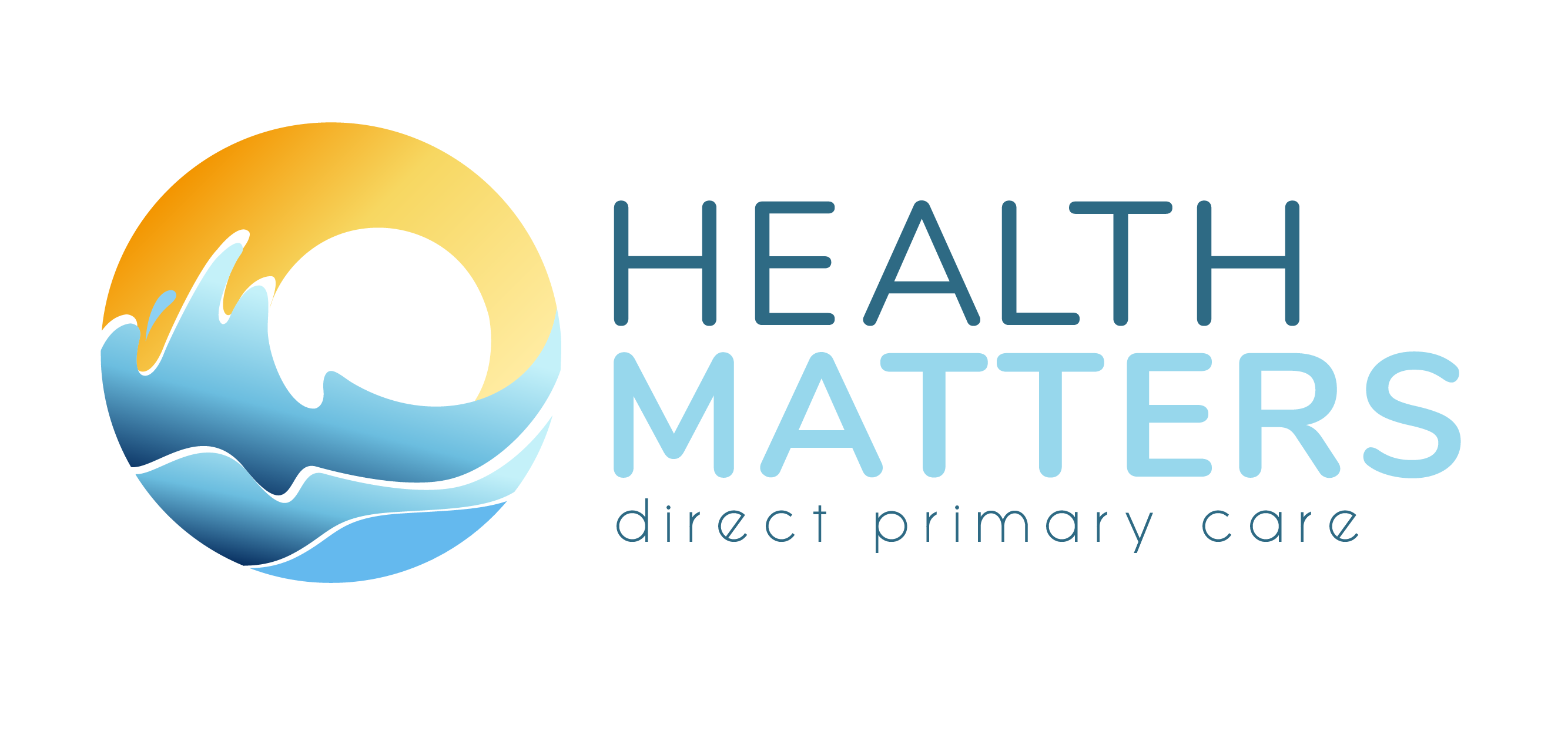Why does traditional healthcare cost so much?
- Dr. Heikens

- Mar 19, 2024
- 3 min read
I frequently hear discussions about how much traditional healthcare costs. Most of the time this is in the context of “why is insurance so expensive.” Here’s how I think about it.
Mmm, pie
You like pie, right? I like pie. So let’s think about health care dollars as a pie. How much pie does a doctor need? Let’s say it would be about this big:

Let's consider this is how much pie a doctor needs to survive. Like everyone else, they need pie to eat now (in terms of money, paying bills for the clinic, household bills including medical school debt, feed their family, etc.) and pie to eat later (retirement is a thing, right?).
But in the fee-for-service insurance-based world, your physician is not the only person eating pie. In fact, in the vast majority of situations, you don’t directly give your physician pie. Instead, your insurance company takes pie from you and then gives your physician their portion.
(Side note: Where does your insurance system get its money? Honestly it comes from you. If you purchase your own insurance, you pay the insurance company directly. If your employer provides insurance as part of your benefits package, your actual income is likely reduced from what it could be. If they WEREN’T paying for your insurance, you could potentially be paid more.)
Insurance eats a lot of pie
Your fee-for-service doctor has to share pie with the insurance system as well as the medical system they may work for, among others. In this case, for your doctor to get an amount of pie the same size as above, the pie needs to be bigger than previously so their slice comes out to the same size:

That slice of the pie is the same size as the actual whole pie above! While this isn’t necessarily to scale (honestly the pie slice for physicians is likely to be smaller unfortunately), you get the picture. When you have so many entities (insurance, facilities, medical groups, etc) vying for their piece of the pie, that thing needs to be gigantic!
Here’s a graph that is posted frequently online, though not by insurance companies:

Over the 40 year period illustrated, the number of physicians did not increase nearly as much as the number of administrators in the healthcare industry over the time indicated. Unfortunately, this graph has not been updated in 15 years. I suspect because the situation has either not changed or has worsened. This helps explain where a big chunk of pie is likely going - to feed all these people.
What’s worse, when you give insurance pie and then your insurance gives your physician pie, insurance wants to keep as much of pie as possible, because that’s how they make a profit (and please their hungry shareholders). How can they accomplish this? By making physicians “prove” the work they do through coding, metrics, and prior authorization, all of which make physicians work less efficiently, so they have to work even more for the same amount of pie. What’s more, suddenly physicians are more focused on billing and coding to protect their piece of pie, rather than on actually helping patients, which is frustrating to both you and your physician.
There's less fighting over pie in direct primary care
This is part of the reason we started Health Matters Direct Primary Care. We no longer have to worry about struggling to carve out our small piece of a giant pie. We get the pie you give us, and we provide you with excellent service! And because we’re not sharing the pie with insurance and large medical systems, we can keep the cost of our services reasonable while providing personal attention to every one of our patients in a way that keeps us, as well as our patients, very happy.
So come join us at Health Matters Direct Primary Care! We can’t wait to meet you!
(Note: there will unfortunately be no pie. However, we do have a number of other benefits!)




Comments